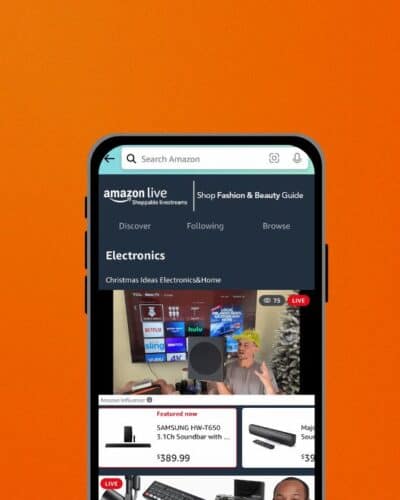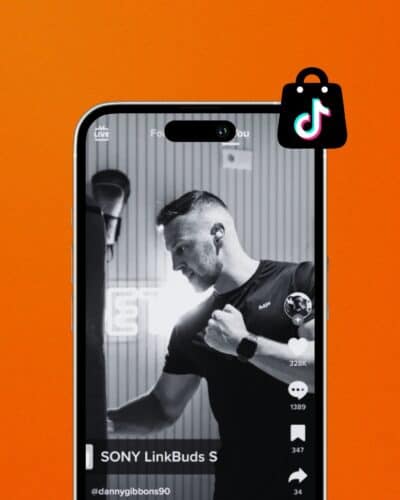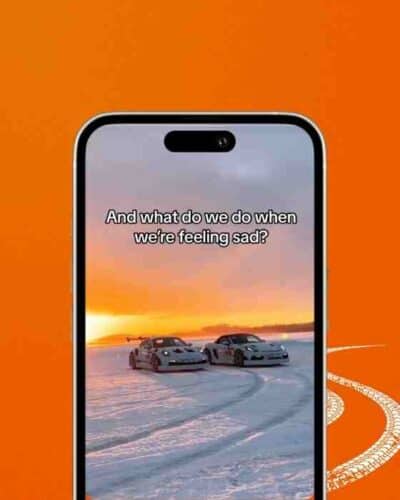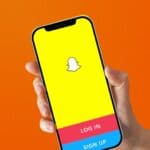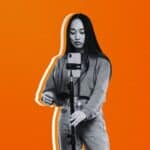For better or for worse, since downloading TikTok last spring, I have absorbed what can only be described as THE new wave of culture. If you’re a millennial, then your teen years most likely consisted of Jack Wills gilets, defining yourself through terrible Buzzfeed quizzes and crippling self-confidence that could be destroyed simply through the number of daily ‘loves’ you received on Bebo. Compare this to the new generation taking social by storm (known as Generation Z), they wear pearls (not ironically), categorize their personalities by their zodiac sign, and are overtly confident, sharing short-form dance routines to viral music hits. But behind this cultural reset lies one common denominator; TikTok. As one of the fastest-growing social platforms of all time and the current main player when it comes to youth usership, TikTok has allowed for trends and viral music to be shared at lightning speed.
Through this blog, we will examine the new ‘cultural norms’ surrounding music and how TikTok and its creators have single-handedly shifted the overall music landscape.
But firstly, what exactly is TikTok?
The Chinese-owned social platform, TikTok (part of the parent company, ByteDance) was launched in 2016, providing its user base with a place to create and share short-form video content. Here, content ranges from dance-focused trends and comedy skits to cultural commentary and educational topics. The platform’s true success and growth can be attributed to the last two years, with its user base surpassing 1 billion globally and 4 million in the UK alone.
Music culture
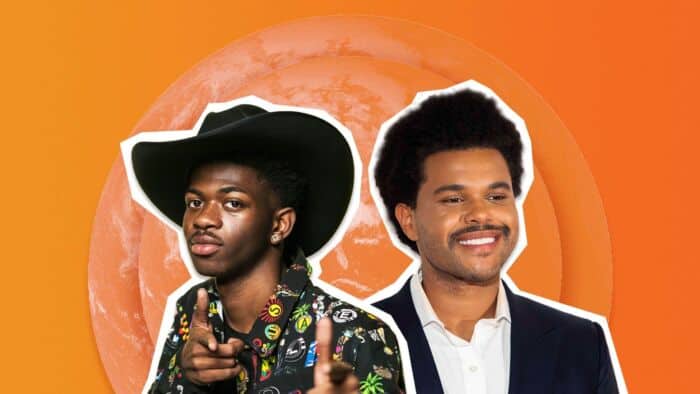
Over the last two decades, the music industry has gone through a multitude of changes. With the millennium witnessing a transition from physical to digital sales, it was the iTunes store that provided us with our updated discovery of new songs and artists. However, with this transition online, we saw the rise of illegal downloads, through websites including LimeWire – distorting how we certified popular music. It wasn’t until the birth of streaming platforms, like Spotify, that the music industry began to gain back control of artist sales, the charts, and public discovery. But exactly where within this discussion does TikTok come into play?
Well, many would argue (Goat included) that TikTok now plays the primary role in the influencing of popular music. No longer do record labels rely exclusively on radio play or award show performances to help drive their artists to number one. Instead, record labels need only turn to TikTok and its many online creators. Even if you’ve managed to avoid the platform (like many have tried and failed), you’ll most likely have heard songs including ‘Old Town Road’ by Lil Nas X or ‘Blinding Lights’ by the Weeknd. Both songs achieved international success, as well as breaking international music records, after becoming viral TikTok sensations, with creators using both songs as the backing track for their dance challenges and trends.
With challenges and trends comprising a vast majority of the content shared on the platform, it is no surprise then, that the music accompanying these trends continue to end up on the global charts. In 2020 alone, five of the viral TikTok songs reached #1 on the US Billboard Hot 100; 176 individual songs reached over 1 billion video views, and 70 up-and-coming artists (discovered on TikTok) received a record label. Never has a platform launched the careers of so many ‘unknown’ artists in such a short space of time. But perhaps the most surprising feat of the platform comes from its ability to resurrect decades-old music, introducing songs to an entirely new generation of music lovers. In the spring of 2021, thirty-two years after its initial release, ‘Rasputin’ by Boney M, once again climbed global charts, after creators began using it in one of the year’s most replicated dance trends. And in August / September of this year, Swedish supergroup, ABBA, utilised TikTok as its primary platform to announce its comeback, taking over the platform with a dedicated hashtag takeover and landing page to celebrate the history of the band. Despite the platform’s seemingly ‘young target audience’, even artists with a traditionally older fanbase are using TikTok to their advantage.
However, the question still remains…outside of the trending format, why has TikTok been imperative to this shift in the music landscape? A few points spring to mind, which record labels and brands should consider:
01. How Powerful Are Influencers At Driving Trends?
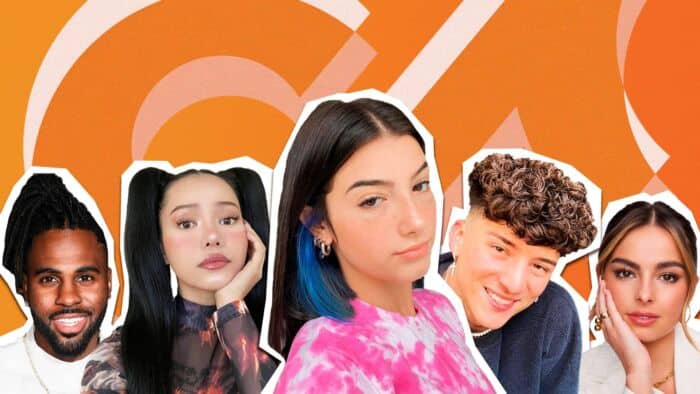
Behind every viral song lies a trend or challenge. However, behind every trend or challenge lies an influencer…the mastermind behind its ideation. And whilst the social landscape continues to evolve, so does the influencer landscape and what it takes for an individual to become one. What was once a term exclusively held by ‘fashion haul creators’ is now attached to ‘15 second dance creators’. More and more, record labels and brands are partnering with influencers of all types, in order to push their songs or products to billions of online users. ‘Dance’ continues to dominate the platform’s tag search, with many of the highest followed influencers stemming from this vertical (special shoutout to teen sensation, Charlie D’Amelio and her 123.6M followers). Today, influencers can have as much impact over popular culture as the Kardashians and as much impact over popular music as the artists themselves. And with this shift in power, record labels and brands must gain a sense of trust with the influencers, handing the responsibilities to them, and allowing them to create their own viral trends and challenges. Only the influencers can understand fully what it is that their audience wants to see and what is going to explode across social.
Lastly, in this section, it is imperative that we discuss whether the artists themselves are aware of the lasting impact that TikTok has had on the music industry? And do they take TikTok into consideration when writing or producing their songs?
Since 2020, when TikTok began shaping the global music charts, interviews began to surface of artists admitting to this deliberate way of writing and producing. Due to the power and influence of the platform, artists have begun looking for ways in which they can attract the attention of influencers, in order to use their songs within a trend. An easier way, after all, to drive their music to number one. In one interview with New Zealand, Grammy Award-winning singer, Lorde, the musician was asked:
“Do you ever write a song with TikTok in mind, with the hopes that it will go viral?”
Whether she does think this way deliberately, it must be agreed that TikTok has officially invaded the way that we think about music; the way that the modern era of musicians are producing their songs, and the utmost importance and influence that online creators have in popular music.
02. The TikTok Algorithm And Organic Reach
The second factor (and possibly the most vital reason behind the platform’s rapid exposure of viral music) is its intelligent algorithm and ability to drive incredible organic reach. Whether you understand the technical rules behind an algorithm, no other social platform can hold a torch to that of TikTok. Whilst so many brands and users try to grow their viewership or following across Instagram or YouTube (and ultimately fail), the developers at TikTok have created a unique process that gives every video a fighting chance.
Whilst the quality of the video, hashtags and frequency of posting can aid in success, videos on TikTok go through multiple strict batch tests to determine whether it’s worthy of virality. To begin with, every video is sent out to a minimum number of viewers (2,000 to be exact). From there, it is measured against objectives, including VTR, engagement, among others. If received well, the video moves towards a further set of tests, including reviews of hate speech and terms of service. Ultimately, what this means for brands is that given the right guidance, the ability to drive virality on TikTok and reach new, untapped audiences is easier than ever before. And never has this been proven easier than the rapid discovery of new music and artists, every day on the platform.
The following songs are examples of those that have achieved unprecedented levels of organic reach, being used in a record number of videos:
Laxd by Jawsh 685 – 45.8M videos
Savage by Megan The Stallion – 30M videos
Say So by Doja Cat – 13.4M videos
03. What Is The Impact Of Record Label Partnerships With TikTok
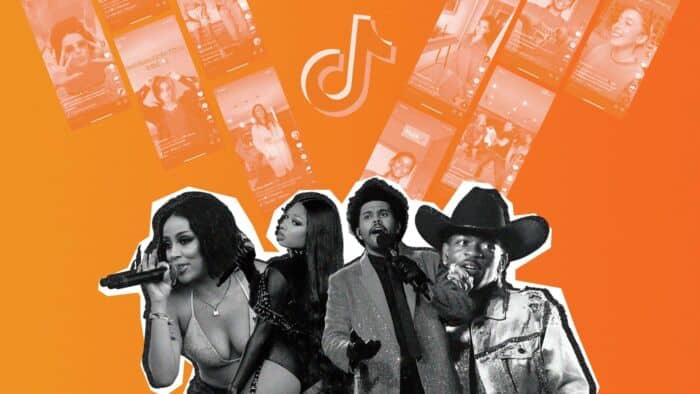
The third and final factor of the music landscape’s shift can be attributed to the platform’s recent partnerships with record label titans, Sony Music Entertainment (in 2020) and Universal Music Group (in 2021, respectively). According to the official press release, the collaboration with SME aims to:
“Make songs from the labels roster of global superstars and exciting emerging artists widely available across the TikTok app.”
Whilst the press release from the UMG collaboration stated the following:
“TikTok users will be more empowered than ever to express themselves through music, soundtrack their video creations with songs about which they are passionate and build communities around artists and music-centerd culture.”
No matter the rationale behind these partnerships (whether it be for financial growth or to genuinely foster creativity), TikTok has now established itself as a powerhouse across multiple industries. Not only will it increase its overall value, but it will also drive further opportunities for fan engagement and the creation of content. Whilst creators on YouTube continue to face copyright infringement, creators on TikTok are experiencing a world of creative freedom. What better way to drive users across platforms than through music.
Conclusion
Whether you’re invested in the platform or downright refuse to engage with it, there is no denying its impact on the world and popular culture in general. From the movement to the digital sphere, to tackling the underground movement of illegal downloads, the music landscape has seen many changes. Only now, in 2021 do we find that a singular social media platform and its many creators were the catalysts for the most recent shift.
